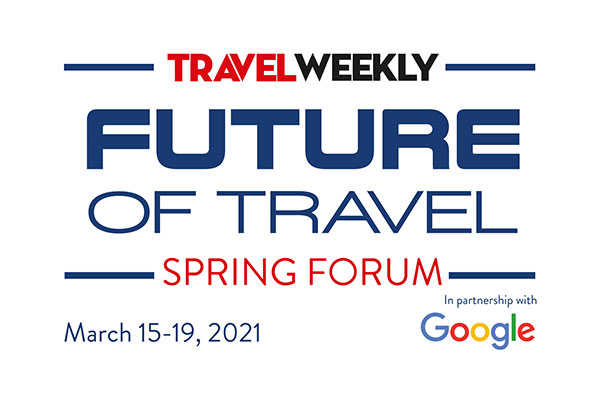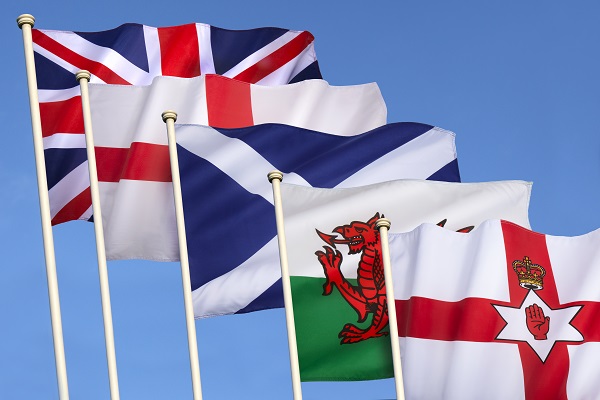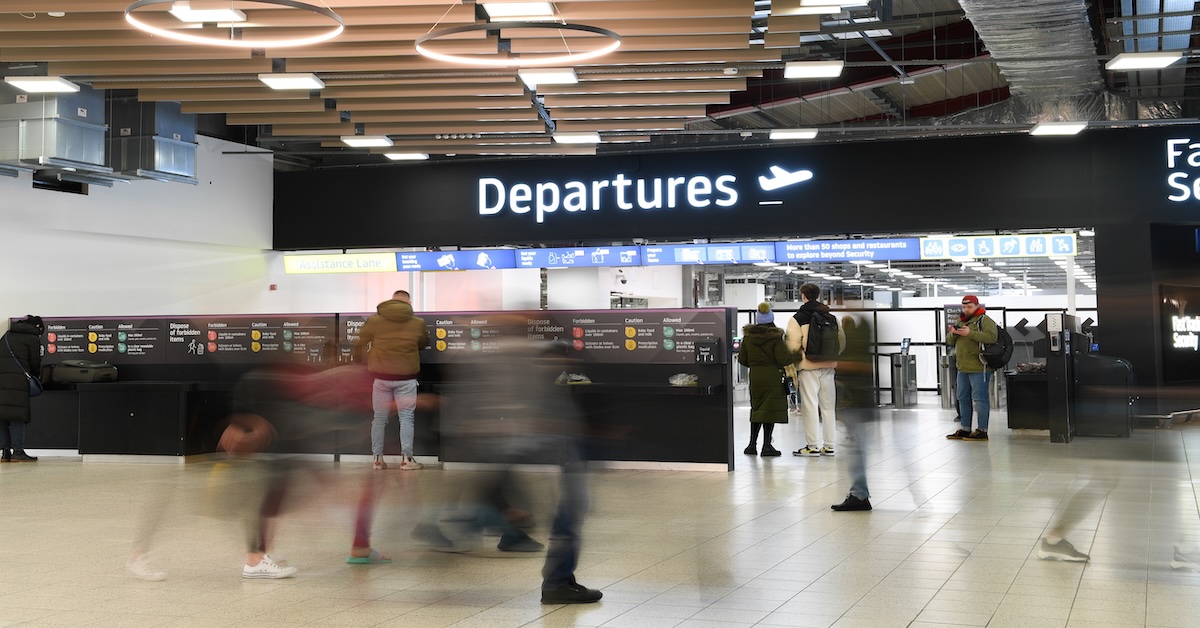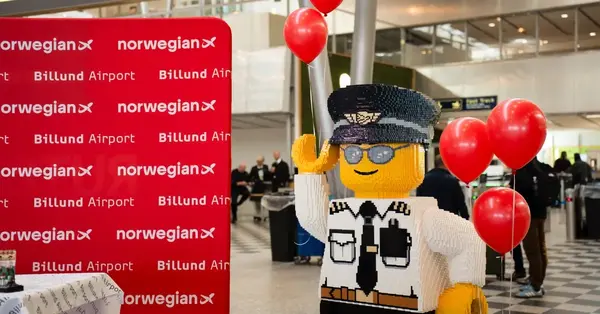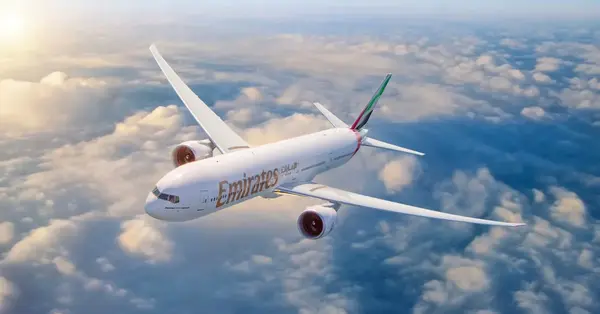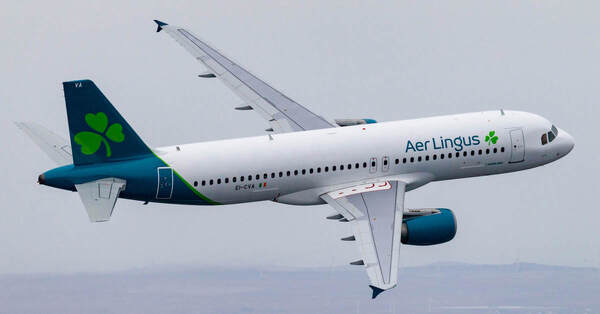You are viewing 1 of your 2 free articles
‘Critical’ that UK nations are aligned for travel restart
Industry leaders are hoping for greater coordination between the UK and EU and between Westminster and the devolved administrations as travel restarts than has been seen to date.
Clive Wratten, chief executive of the Business Travel Association, hit out at the continuing disparity in restrictions between England, Scotland and Wales, saying: “As if the issue isn’t difficult enough, we have the four nations disagreeing and arguing.
“It’s incredibly unhelpful. If you’re a consumer sat at home, you would think ‘I’m going to leave [travelling] for the time being’.”
He told the Travel Weekly Future of Travel Spring Forum: “It’s critical for the summer and beyond that there is a unified message and everybody tries to maintain the same level of restrictions across the UK.”
Scotland’s first minister Nicola Sturgeon announced last week that international travel “may well not be possible after” May 17 – the date prime minister Boris Johnson has provisionally set for a restart – while first minister of Wales Mark Drakeford declared the prospect of travel from mid-May “fills me with horror”.
Wratten pointed out: “That is before you throw in the complexity of all the different countries [beyond Britain]. It’s just crazy. It makes it so hard when you’re fighting to get the message to government, you think you’ve cracked it then realise you still have three other countries to convince.”
He insisted: “We have to make the case to the governments of all four countries that we need a consistent policy. [But] we can’t do anything about the political situation.”
Iata UK and Ireland country manager Simon McNamara agreed: “We’ve had a breakdown of coordination between the four nations in the UK, and that has been frustrating. More than anything, it’s confusing for consumers.”
He said: “We continue to push for coordination. But one thing we’ve learned over the past 12 months is that multilateralism has failed. We’ve seen countries resorting to their own measures.”
However, McNamara insisted international coordination should improve, saying: “The EU has a clear role to play. The UK is hosting the G7 group [in June] and that is a big opportunity. There remains the International Civil Aviation Organisation (ICAO), which is an important body for technical coordination, and the World Health Organisation (WHO) has a key role in standardising things.” 


